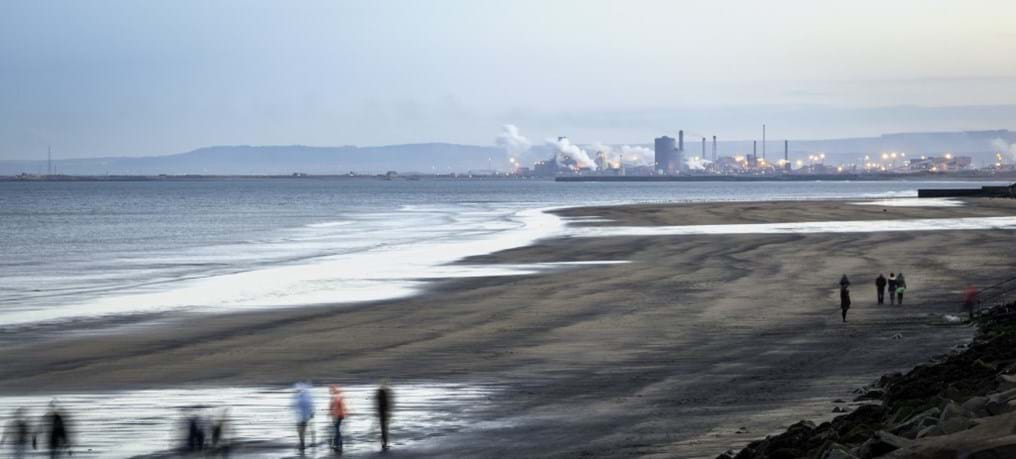The world’s first carbon capture ready industrial zone? (Day 265)

16th February 2015
My enthusiasm for carbon capture and storage (CCS) will hardly come as a surprise to regular readers of this blog (see 'The Complexities of Carbon Capture and Storage' or 'Planet Poker'). Nevertheless, today I have a new story about an exciting CCS development announced at the UK parliament last month. Teesside, in North East England, is responsible for six per cent of the UK’s industrial CO2 emissions. The area is also home to five of the UK’s top CO2 emitting plants. Now, with the cost of carbon permits expected to escalate, a consortium of government and industry stakeholders has formed a partnership called the Teesside Collective with the aim of forging nothing less than a new industrial future for Britain based on CCS.

This bold ambition, which has been spurred by the close proximity to viable CO2 storage sites in the North Sea and the existence of pipeline corridors, has the support of BOC, Growhow, Lotte Chemicals and Sahaviriya Steel – all major greenhouse gas emitters in the region and, it must be said, all operations where chemical engineering matters. Teesside is a region synonymous with the history of the chemical industry in Britain. The First World War brought a surge in growth that drove a major expansion in chemicals manufacturing in North East England. Thirty years later, in the period following the Second World War, ICI established a major complex on the south bank of the river Tees. This cemented the role of Teesside as the UK’s primary chemicals hub. The chemical industry remains a significant economic force in North East England today. According to the North East Process Industry Cluster (NEPIC), there are more than 1,400 companies employing 190,000 people in the chemical process industry supply chain, generating £26bn in annual sales and exporting £12bn per year. Teesside remains the second largest integrated chemical complex in Western Europe in terms of manufacturing capacity. But industrial activity of this type is energy intensive and this poses a problem in a world where man-made climate change is a clear and present danger. It’s always helpful to view a problem as an opportunity and that’s exactly what’s being done on Teesside. The existing infrastructure offers a range of exciting new opportunities, not least a proposal to create Europe’s first CCS equipped industrial zone – an idea that aroused considerable interest in the UK parliament. Here is a great video from Ceri Vincent, a British Geological Survey geophysicist, explaining the principles of CCS and how it could work in her ‘fishtank' model: [youtube https://www.youtube.com/watch?v=C83LCN2G2r0&w=640&h=390] I firmly believe that the application of CCS to industry is vital in the battle against climate change and the Teesside Collective’s plans are worth a closer look. Indeed, an initial engineering assessment by Amec Foster Wheeler has found the project to be operationally and technically viable. If it were implemented, the project could:
- Cut CO2 emissions up to five million tonnes a year by the early 2020's and play a key part in keeping the UK on track to meet its 2050 80 per cent CO2 reduction target.
- Enable UK based process industries to meet their customers’ sustainability demands and provide products needed in burgeoning low-carbon economies.
- Initiate a knock-on effect in the spread of CCS technology that could be a game changer to the region and the UK economy.
Carbon capture is the only viable mitigation technology that can be applied retrospectively to major fossil fuel users and there is a potential for Teesside to become the world’s first CCS equipped industrial zone. However, the success of the Teesside Collective’s project depends heavily on the development of a robust and sustainable business case. The good news is that this work is well underway thanks to a £1m funding award by the UK government. The study will be completed by the middle of the year. I await the findings with great interest and I wish all those involved with the project every success.